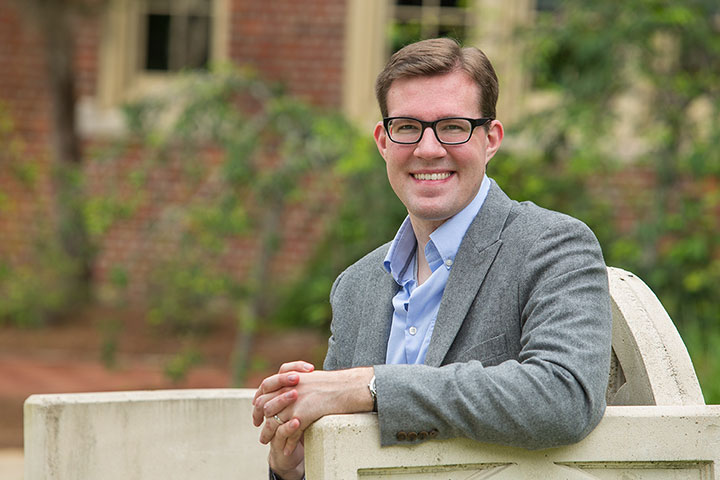
Florida transfers juvenile offenders to adult court at a higher rate than any other state in the nation, and a new Florida State University study has found that those transferred are much less likely to be sentenced to incarceration than adults. However, those juveniles who are sent to jail or prison are given longer incarceration sentences.
Peter Lehmann, a doctoral candidate in FSU’s College of Criminology and Criminal Justice, found transferred juveniles in Florida received up to 27.4 percent longer incarceration sentences than adults. His findings were published earlier this month in the journal Crime & Delinquency.
“The juvenile transfer status of defendants might signal to adult court judges that these defendants are deserving of longer incarceration terms,” Lehmann said. “It is also possible that judges are concerned that the risk of reoffending among this population is high, and judges might view especially long incarceration sentences as an appropriate response that mitigates the danger these offenders might pose to the community.”
This finding regarding sentence length is especially interesting in light of Lehmann’s other finding that juveniles are less likely to be sentenced to incarceration than adult defendants in the first place.
“Judges may think that because transferred juveniles are still teenagers, they’re less blameworthy or culpable,” he said.
In addition, it’s possible that some judges believe sentencing a youth offender to incarceration in an adult facility could pose ethical and practical challenges for the corrections system.
Lehmann used data from the Florida Sentencing Guidelines Database, which is maintained by the Florida Department of Corrections. All offenders ages 14 and older at the time of the offense who were convicted of felonies and subsequently sentenced in the state’s circuit courts between 1995 and 2006 were identified. In all, using both juvenile and adult cases, the study population totaled more than 1 million defendants.
“Having that many cases to analyze enables us to be more confident in our findings,” Lehmann said.
The large data set is a unique aspect of the study, as is the time frame in which the data was collected. In the early to mid-1990s, there was a turn toward harsher policies in the juvenile justice system. Lehmann said expanding the data to include more recent years advances previous research on the sentencing of transferred juveniles.
Lehmann’s study also examined how the mode of conviction affects sentencing. He found that offenders in trial cases were more likely than defendants who plea bargained to be sentenced to incarceration upon conviction. That was also true as it related to sentence length. Trial cases were associated with receiving longer incarceration terms.
“Trials provide more information to judges than plea bargains,” Lehmann said. “That information can certainly impact sentencing. We find that various aspects of a trial, including public scrutiny and media attention, can make the difference between adults and juveniles in sentence severity weaker among trial cases than among plea cases.”
States have recently begun to think about revisiting transfer laws, but Lehmann said it is important to continue studying this unique population of juveniles as well as how judges and prosecutors process information.
“Broadly speaking, the findings in this study imply things that shouldn’t impact sentencing, like age, still do,” Lehmann said. “They imply that we have to explore different policies that address this issue because many in society tend to see it as a problem.”
FSU’s Ted Chiricos, the William Julius Wilson Professor of Criminology and Criminal Justice, and Professor of Criminology William D. Bales co-authored the study with Lehmann.



